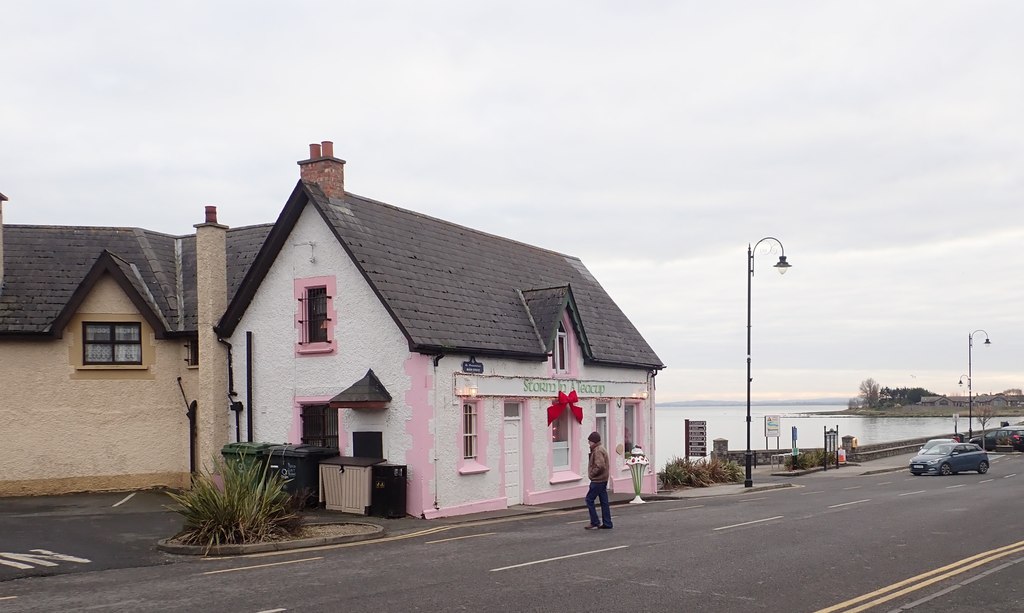

This would also go some distance to put substance behind the multinational’s saccharine vision: “We meet everyday needs for nutrition, hygiene and personal care with brands that help people feel good, look good and get more out of life.” Lipton’s parent company, Unilever, turned over €46.6bn last year it can afford to show some market leadership and basic ethical consideration for the health of its Chinese consumers. Lipton’s conduct makes a mockery of its “ Guiding Principle of Sustainable Development”. Through its operation in China, Lipton is not just part of the problem, it is making matters worse.
#A storm in a teacup company full
Lipton’s public reaction to the report was predictably sanguine – “To date, all testing of our products has confirmed full compliance to Chinese regulatory requirements”. Unilever must immediately demand safe tea from its Chinese suppliers. Indeed, one of the leading reasons overseas-based Chinese resist returning home is because of the issue of food safety.

But the public has no faith in the system, and it is common for expat Chinese to visit home with suitcases stuffed with baby products from the west. The Chinese government was put under enormous domestic pressure following the contamination of infant milk powder and associated deaths of six babies and 860 hospitalisations. Of course, this is just one example of a much larger food safety issue in China. I wonder if Hugh Jackman knows about it? On the sheer size of the potential population at risk, it is outrageous that western media outlets have failed to report on what is a significant public heath issue. Most international visitors would also be unaware. Given the dearth of public health information in China, locals are not aware of the potential danger. One of the noblest traditions of a nation famous for its love of tea now has big question marks over its outright safety.Īnd who would know about it? Lipton tea is predominant in most street stalls, corner stores, supermarkets and hotel rooms across Beijing. These findings – which need replication – suggest that drinking tea may not be safe in China. Twelve products from eight different tea companies contained pesticides banned in tea production in China. One product contained 17 different pesticides, and six contained at least ten different pesticides. A companion report of 18 different popular Chinese tea products from nine different manufacturers found that all contained at least three different pesticide residues.

Unfortunately, contamination of tea in China is not uncommon. Lipton’s Iron Buddha oolong tea not only contained traces of the banned neurotoxin, but levels two-times higher than European maximum residue limits. Severe poisoning can lead to cardiac dysfunction and even death, and for this reason the United States Environmental Protection Agency has labeled this pesticide a Class I toxin: “high acute toxicity to humans”.

Even small doses can cause weakness, blurred vision, headache, nausea, chest discomfort, constriction of pupils, and tremors. Methomyl is a dangerous compound that acts on the nervous system’s cholinergic receptors. Lipton’s green tea sample was the worst, contaminated by a total of 13 pesticides including methomyl, banned for use on tea plants in China and in the European Union, and endosulfan, banned globally including in China. Each sample was contaminated by pesticides – green, oolong and jasmine tea each contained nine different kinds of pesticide traces. Random packets of Lipton tea products, including black, green, oolong and jasmine tea, were sent for independent laboratory analysis. Anyone care for a cup of Methomyl? A recent investigation by Greenpeace East Asia has uncovered a catalog of banned and highly dangerous pesticides in Lipton tea products sold on Beijing supermarket shelves.


 0 kommentar(er)
0 kommentar(er)
